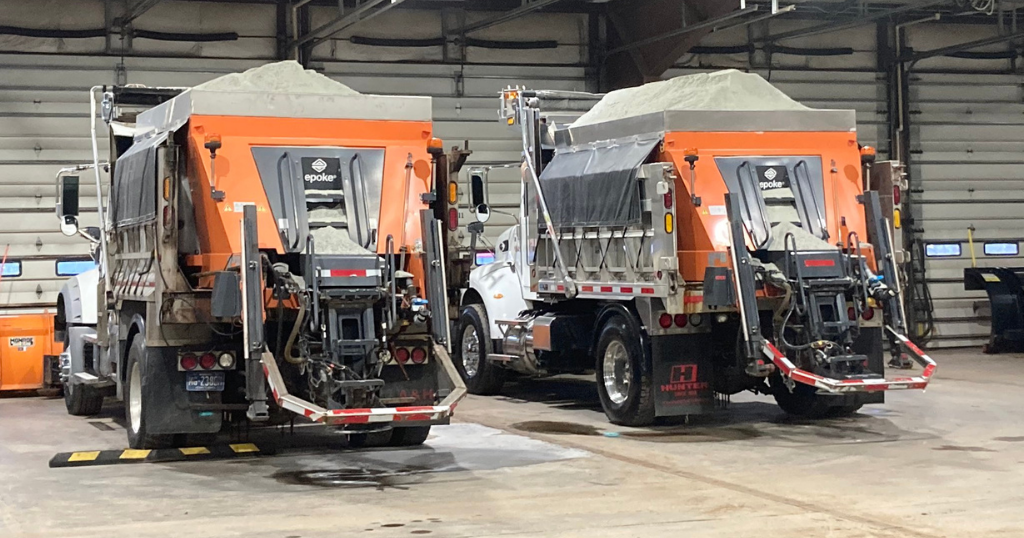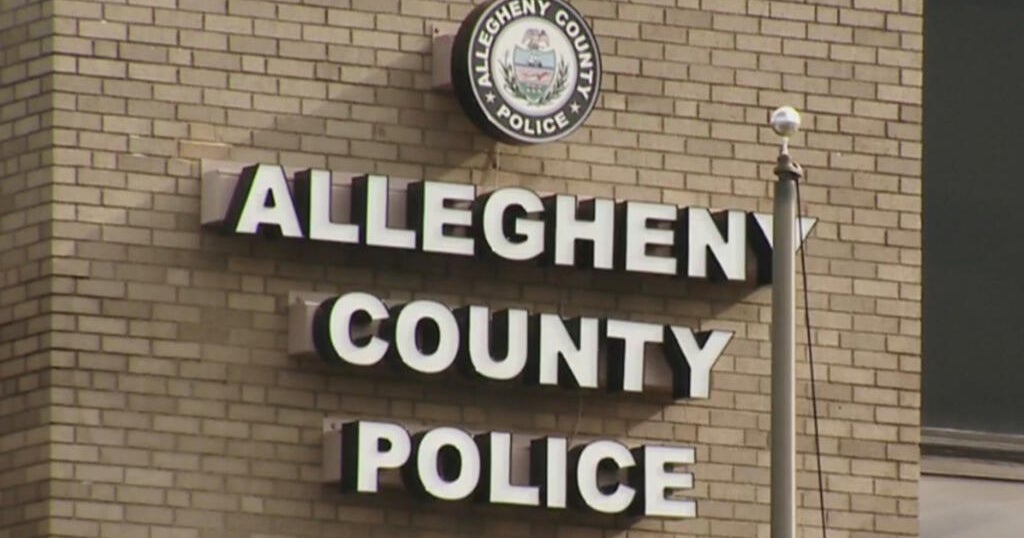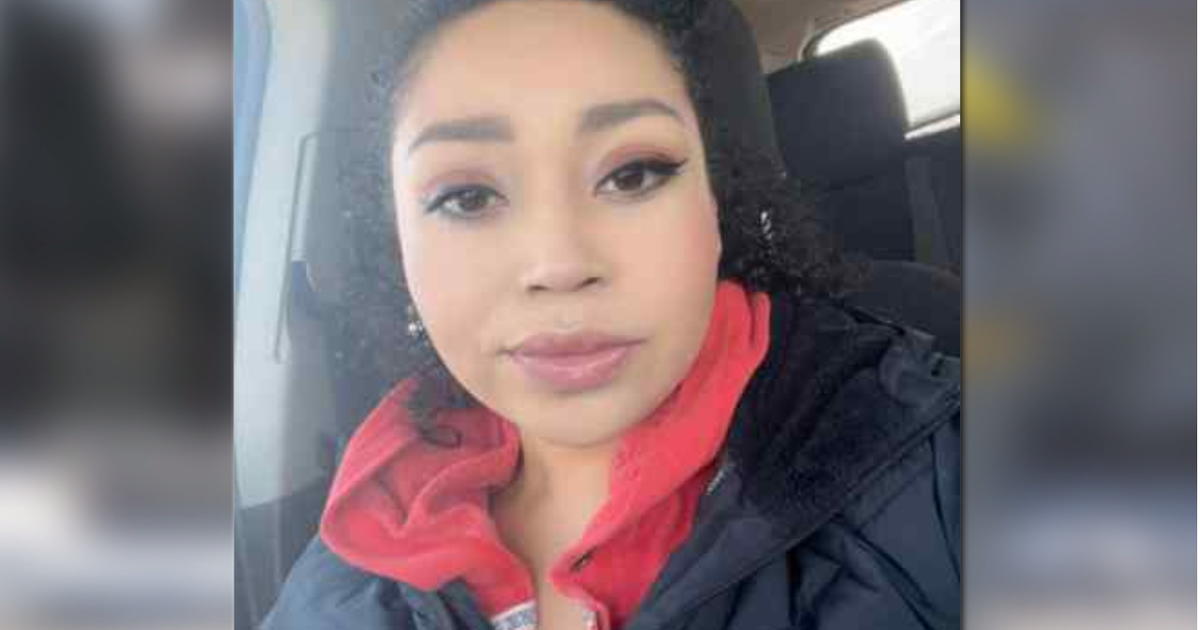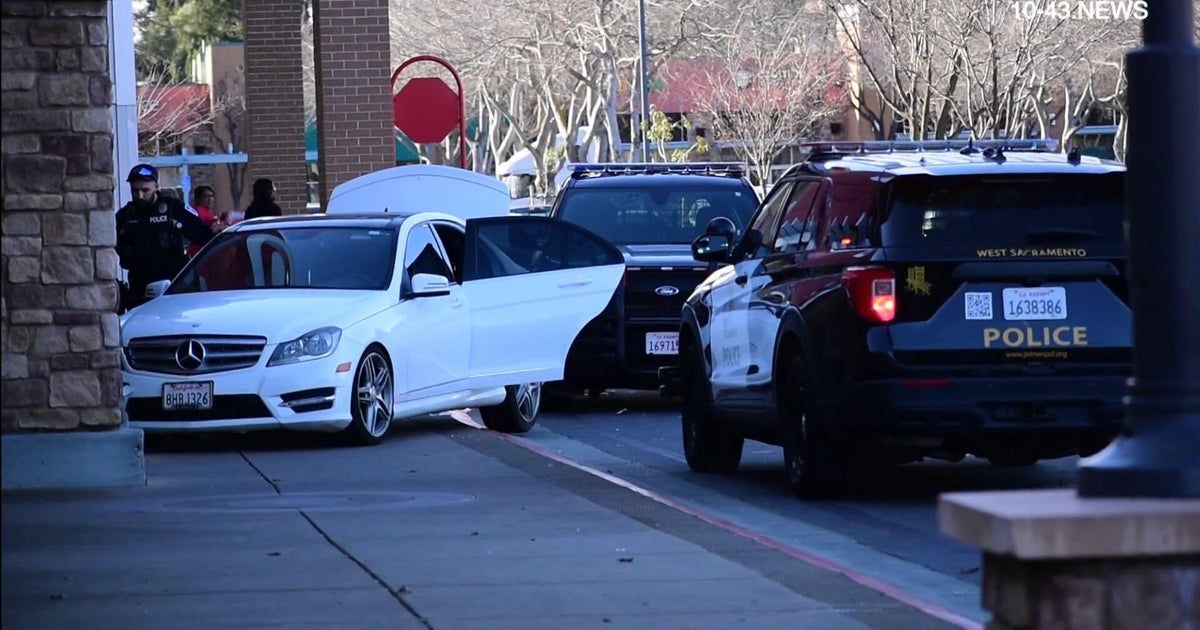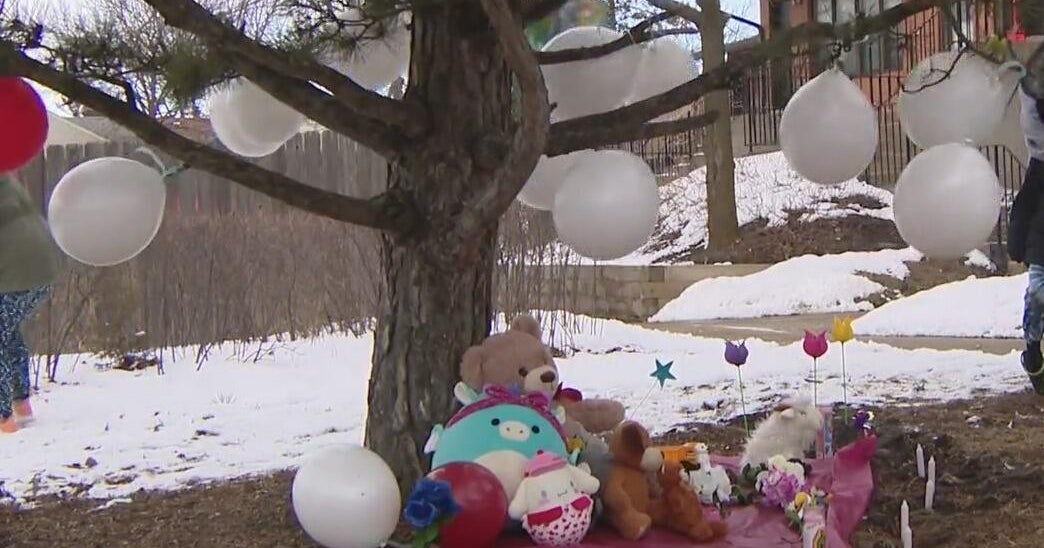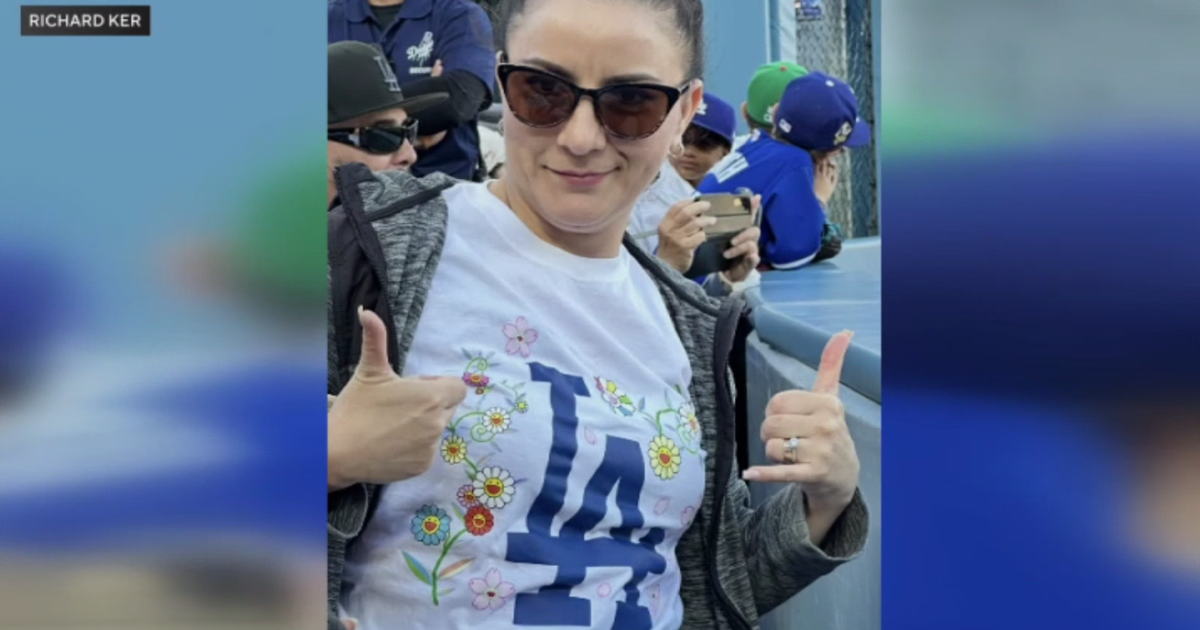Programs offered to juveniles in Allegheny County Jail
PITTSBURGH (KDKA) — With no juvenile detention center in Allegheny County, teens accused of crimes end up at the Allegheny County Jail.
There are about 20 teenagers, ages 13 to 17, behind bars at the jail. They are all charged as adults for serious crimes.
"They can range from robberies to having handguns, all the way to murder, rape," Warden Orlando Harper said.
He said once a teenager arrives, they go through an expedited intake process with four medical exams. He said everything is done fast to ensure there is no contact with adult offenders.
"One thing about the ACJ is that we are in compliance with the Prison Rape Elimination Act, where we have to keep our juvenile incarcerated individuals out of sight and sound of all adult offenders," he said.
Once booked, the teenagers are taken upstairs to the juvenile pod where they spend their downtime.
"We also allow them to play basketball on the basketball court adjacent to the pod," Harper said. "We got an Xbox that we're going to get up and running. ... We have board games, card games, television that has multitudes of channels."
But the experience is no cakewalk.
"We try to emphasize positive behavior down there," Harper said. "Negative behavior isn't tolerated."
The teens spend several hours a day, five days a week in the education department.
"It's like a regular high school," said Jake Pischke, program administrator at the jail. "We have English, math, science, language arts. And there's a separate room for counseling."
The classrooms are equipped with computers, smart boards and books. They also work with educators from the Allegheny Intermediate Unit who are aware of school records so they know where each teen stands academically.
For the teens who spend their senior year in the Allegheny County Jail, officials work with the schools they were previously enrolled in to see if they will accept the jail's education credits. If not, their high school diplomas will be issued by Brashear.
The young offenders also work with a mental and behavioral health specialist to confront and heal from the trauma that may have put them on the wrong path.
"I would like to see them more into school, getting their education and trying to prepare themselves for their next steps in life instead of this thug life or criminal life that's going to lead them into our facility," Harper said.
